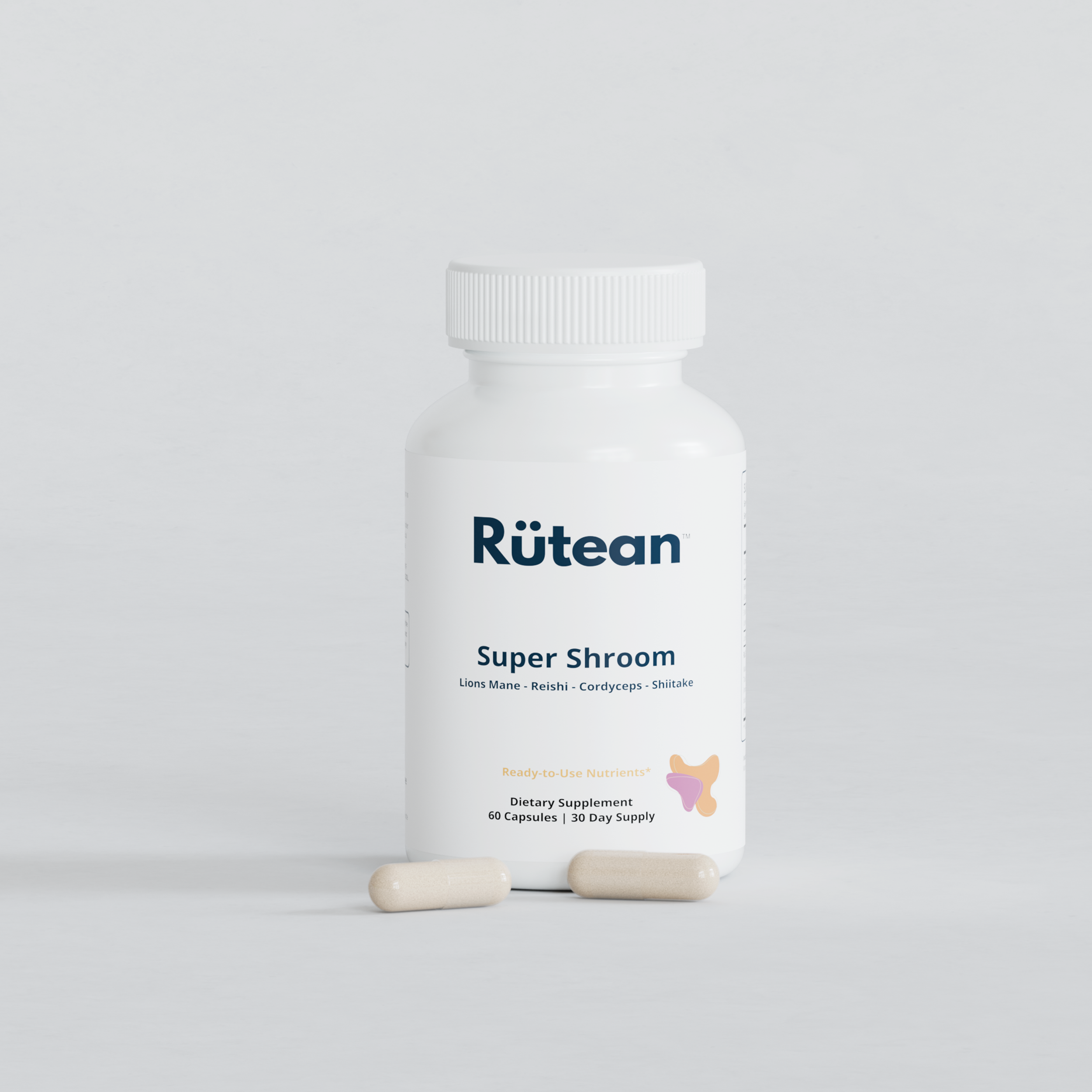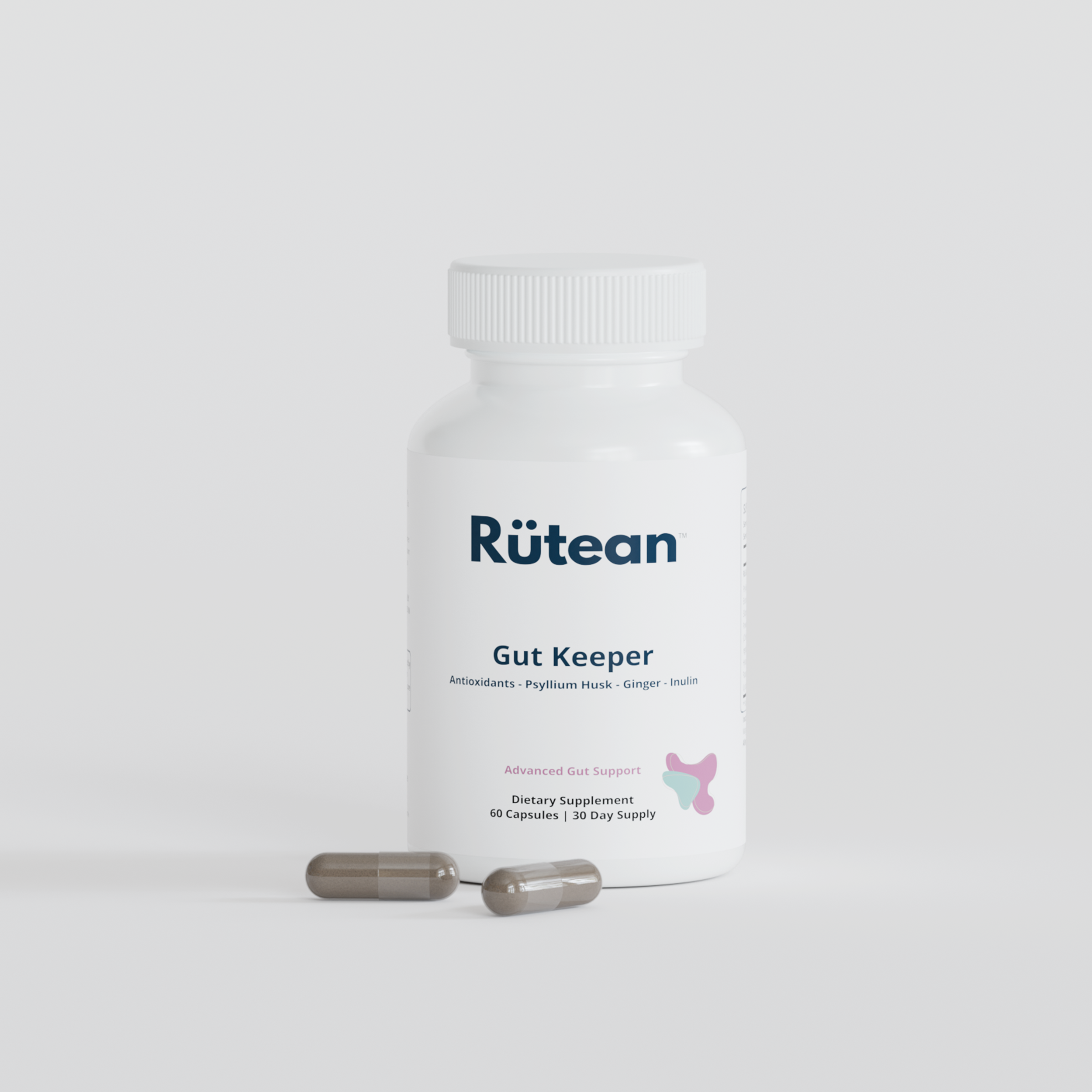Are you ready to take control of your health and break free from the grip of sugar addiction? In this comprehensive guide to sugar detox, we'll explore why you should consider a sugar detox, the detrimental effects of refined sugar on your well-being, the benefits of embarking on a sugar detox journey, and practical steps to make it a success. This guide is designed to help you achieve a healthier and more balanced lifestyle while providing valuable insights and strategies to ensure your sugar detox journey is successful.
1: The Urgent Need for a Sugar Detox
Unmasking the Hidden Culprit of Modern Diets
In today's fast-paced world, sugar has quietly infiltrated our diets, often slipping under the radar. From the sugars naturally occurring in wholesome fruits and vegetables to the refined sugars surreptitiously added to processed foods and beverages, the prevalence of sugar in our lives is undeniable. But why is there an urgent need for a sugar detox?
The truth is, sugar addiction is no laughing matter. Recent research has revealed that refined sugar can lead to addictive patterns in the brain, mirroring the effects of addictive drugs. When you consume sugar, it triggers the release of opioids and dopamine, which stimulate the brain's pleasure centers. This biochemical response is the reason many individuals find it challenging to break free from sugar's grasp.
Consider these alarming statistics: The average American consumes between 22 and 30 teaspoons of added sugar daily. These added sugars have profound effects on our health and well-being. A sugar detox is a powerful tool designed to help you reclaim control over your health by breaking free from sugar's hold on your life.
2: Understanding Natural vs. Added Sugars
Making Informed Dietary Choices
Before we dive into the specifics of a sugar detox, it's essential to differentiate between natural sugars and added sugars. This distinction will empower you to make informed dietary choices that align with your health and wellness goals.
Natural Sugars: These sugars are inherently present in whole, unprocessed foods like fruits and vegetables. Bound to other essential nutrients such as fiber and antioxidants, natural sugars are digested slowly, providing a sustainable source of energy. When consumed in their natural form, they contribute positively to your diet, delivering vitamins, minerals, and phytonutrients that support your well-being.
Added Sugars: In contrast, added sugars are the refined sugars incorporated into processed foods and sugary beverages. These sugars have undergone processing, which often strips them of accompanying nutrients, leaving behind empty calories. When consumed, added sugars can lead to rapid spikes in blood sugar levels, followed by energy crashes, cravings, and a cycle of overconsumption.
Understanding the distinction between these two types of sugars is a fundamental step toward making healthier dietary choices and embarking on a successful sugar detox journey.
3: The Science Behind Sugar Addiction
Comparing Sugar Addiction to Drug Addiction
The idea that sugar addiction can be likened to drug addiction might seem surprising, but scientific studies have unearthed compelling parallels between the two. Understanding the science behind sugar addiction is critical for comprehending the gravity of the issue and why a sugar detox is an essential step toward a healthier life.
When you consume sugar, your body releases opioids and dopamine—neurotransmitters associated with pleasure and reward. These compounds stimulate the brain's pleasure centers, creating sensations akin to the effects of addictive drugs. Consequently, abrupt cessation of sugar intake can lead to withdrawal symptoms, underscoring the addictive nature of sugar.
As the science unfolds, it becomes clear that sugar addiction is more than a mere metaphor—it's a physiological reality. Acknowledging this fact is the first step toward addressing sugar's pervasive presence in our diets and the urgent need for a comprehensive sugar detoxification journey.
4: The Health Impact of Refined Sugar
Unveiling the Hidden Dangers
Refined sugar, often hidden in plain sight within our daily diets, is one of the most insidious and harmful substances we can introduce to our bodies.
Emerging research has brought to light the devastating impact of refined sugar on our health. Sugar has now been identified as a leading contributor to a range of serious health conditions. For instance, it is a primary driver of metabolic syndrome, obesity, diabetes, and heart disease. In today's world, where two out of three Americans are overweight, and one-third of the population is classified as obese, addressing the role of sugar in these statistics is paramount.
But the health risks don't stop there. Scientific studies continue to link sugar consumption to accelerated cell degradation, DNA damage, and premature aging. Moreover, sugar's detrimental effects extend into the realm of cognitive health, increasing the risk of conditions such as Alzheimer's disease, memory loss, and certain types of cancer, including colon cancer.
5: The Transformative Benefits of a Sugar Detox
Discovering the Positive Outcomes

A sugar detox is about more than simply eliminating sugar from your diet; it's a journey towards a healthier, more vibrant version of yourself. In this section, we'll explore the remarkable benefits you can experience when you embark on a sugar detox journey.
-
Weight Loss: As you bid farewell to sugary snacks and beverages, you'll likely shed those extra pounds that have been holding you back. Weight loss is not just about aesthetics; it's a gateway to better overall health and a reduced risk of obesity-related diseases.
-
Increased Energy: Say goodbye to the rollercoaster of sugar highs and crashes. With sugar detoxification, your energy levels stabilize, allowing you to enjoy sustained vitality throughout the day. No more mid-afternoon slumps.
-
Fewer Headaches: For some individuals, sugar intake is a known trigger for headaches and migraines. Reducing sugar consumption can lead to a significant reduction in headache frequency and severity.
-
Improved Heart Health: A sugar detox can result in lower diastolic blood pressure, reduced triglyceride levels, better blood glucose control, and improved LDL cholesterol levels. These improvements contribute to a healthier cardiovascular system.
-
Enhanced Sensitivity to Natural Sweetness: Over time, your taste buds recalibrate. Foods that you never considered particularly sweet, such as bell peppers, carrots, and beets, will start to taste incredibly sweet. You'll find satisfaction in the natural sweetness of fruits and vegetables, making them more appealing choices.
-
Reduced Sugar Cravings: One of the more surprising effects of a sugar detox is a diminished craving for sugary snacks like donuts and cakes. While occasional indulgence is still possible, you'll be better equipped to enjoy treats in moderation.
6: How to Do a Sugar Detox
Plan Ahead for Success
Embarking on a sugar detox is a transformative journey, but success hinges on preparation and knowledge. To set the stage for a successful sugar detox, it's crucial to decide how long you'll commit to the process. While a month-long detox is ideal for reaping full benefits, starting with a shorter week-long cleanse can be a manageable first step. Since restaurant food often contains hidden sugars, planning your meals is essential. Consider creating a weekly meal plan and shopping for the necessary ingredients. Variety is key to keep your detox interesting and sustainable.
7: What Not to Eat on a Sugar Detox
Identifying Sugar's Sneaky Hideouts

Eliminating sugar from your diet requires a keen eye for hidden sources. Let's highlight foods and ingredients to avoid during your sugar detox journey.
Obvious Sugars: Start by eliminating the most evident sources of sugar, such as candy, syrups, cookies, pastries, ice cream, and sugary beverages. Soda and energy drinks deserve special mention as the top sources of added sugar in many diets.
Hidden Sugars: Surprisingly, added sugars can hide in seemingly healthy foods. Keep an eye out for salad dressings, pasta sauces, granola bars, yogurt, instant oatmeal, breakfast cereals, canned fruit, fruit juice, and smoothies. Even processed foods may contain added sugar, so always check labels.
Refined Carbs: Beyond sugar, it's essential to cut out foods made from bleached white flour, including white bread, bagels, cereal, pasta, and crackers.
High Glycemic Fruits: During the initial two weeks of your cleanse, avoid fruits with a high glycemic index like bananas, pineapple, and watermelon. Dried fruits should be completely excluded, as they are often candied and high in sugar content.
Artificial Sweeteners: Steer clear of artificial sweeteners. Not only do they have harmful effects, but they can also desensitize your taste buds to sweetness, leading to a craving for more sweeteners.
Read Labels: Always scrutinize food labels for hidden sugars, which may be listed under various names such as high-fructose corn syrup, cane juice, or maltose. Be diligent in your choices to ensure a successful sugar detox.
8: What You Should Eat During Your Sugar Detox
Nourishing Your Body with Healthful Choices

While eliminating sugar from your diet is a crucial aspect of a sugar detox, it's equally vital to focus on foods that nourish your body and support your well-being. Let's explore the nutritious and delicious options you can include in your diet during your sugar detox.
Vegetables: Load up on low glycemic index vegetables, especially dark leafy greens and cruciferous veggies like kale, spinach, broccoli, and cauliflower. Enjoy them roasted, sautéed, or raw in salads to add variety to your detox meals.
Plant-Based Protein: Incorporate plant-based protein sources like legumes, seeds, and nuts into your diet. Lentils, black beans, and chickpeas can be central to satisfying meals. Opt for nuts like walnuts for a healthy snack.
Healthy Fats: Reintroduce healthy fats like olives, avocados, coconut oil, seeds, and unsweetened nuts into your diet. Healthy fats not only aid in digestion but also slow the absorption of sugar into your bloodstream.
Alternate Grains: Replace refined grains with complete grains like quinoa, buckwheat, millet, amaranth, and Kamut. These grains retain their fiber content, stabilizing blood sugar levels and providing essential nutrients.
By incorporating these healthful choices into your diet during your sugar detox, you'll nourish your body, support your overall well-being, and make the journey more enjoyable.



